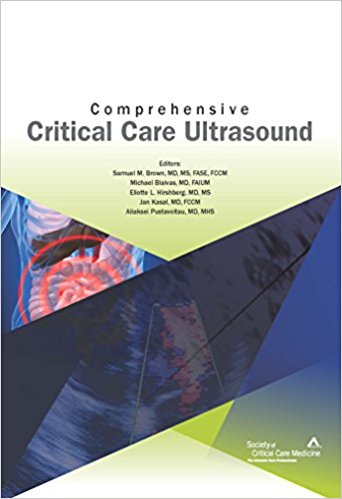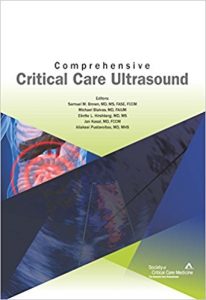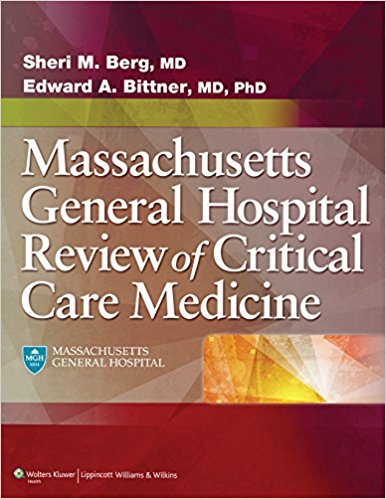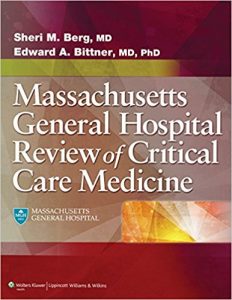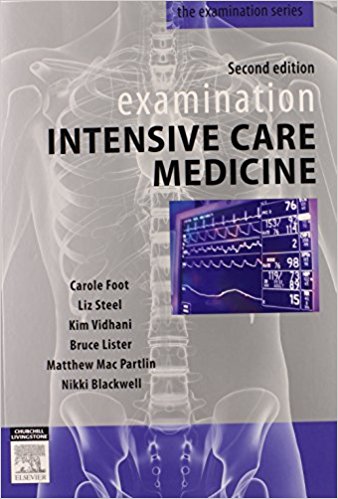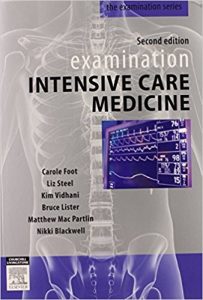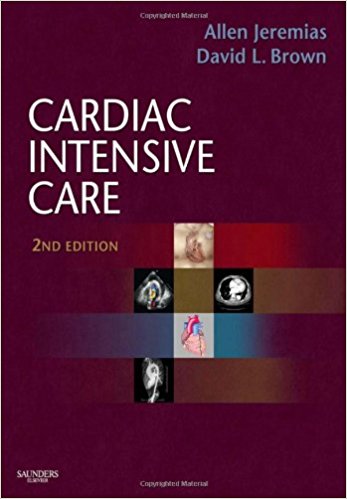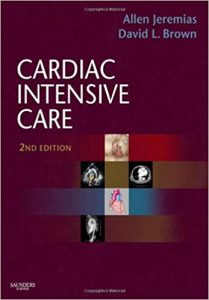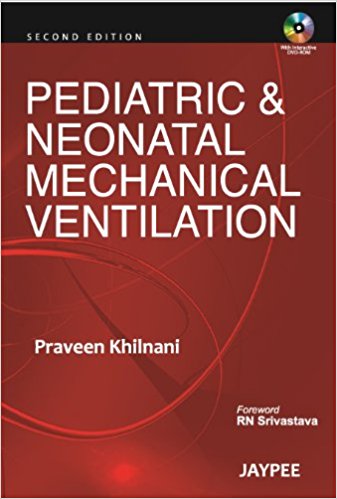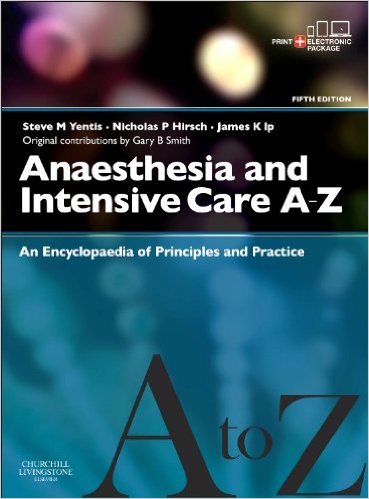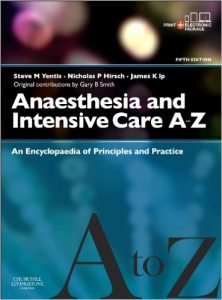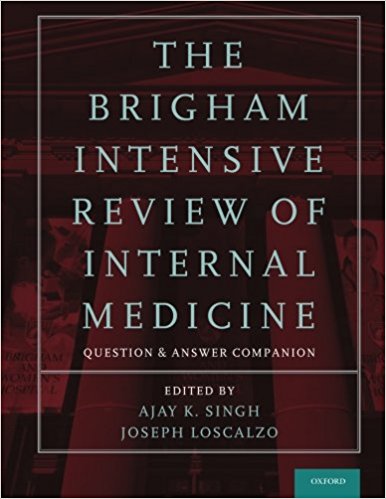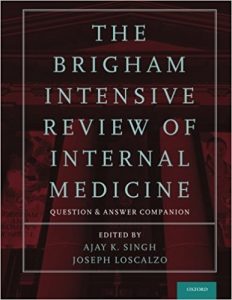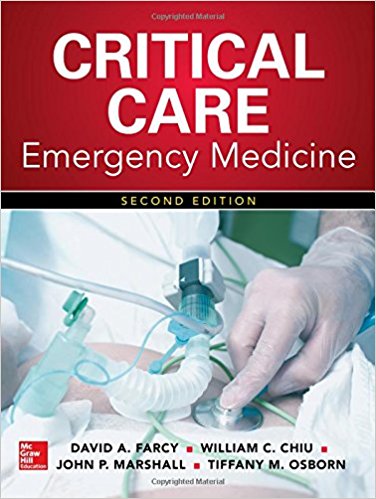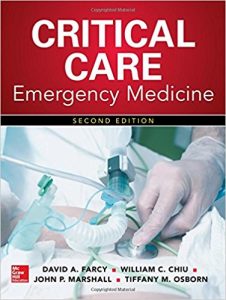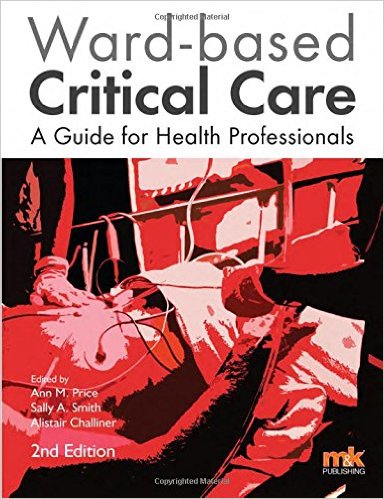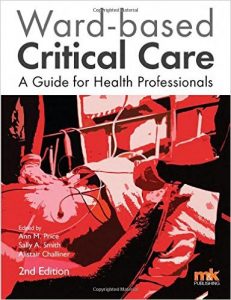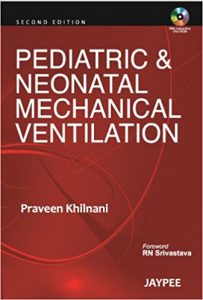
[amazon template=iframe image2&asin=9350252457]
This book is intended to be practical resource for pediatric residents, pediatricians and physicians involved in care of neonatal and pediatric intensive care patients needing mechanical ventilation. In this second edition, newer chapters on specific scenarios of Ventilation in Asthma, ARDS, Extracorporeal Membrane Oxygenation, Patient ventilator synchrony have been added. Flow charts have also been included in most of the chapters for ready reference.
Contents
1. Structure and Function of Conventional Ventilator
2. Mechanical Ventilation: Basic Physiology
Basic Respiratory Physiology
Applied Respiratory Physiology for Mechanical Ventilation
3. Oxygen Therapy
Definition 20
Physiology
4. Basic Mechanical Ventilation
Indications of Mechanical Ventilation
Basic Fundamentals of Ventilation
5. Advanced Mechanical Ventilation: Newer Modes
Inverse Ratio Ventilation (IRV)
Airway Pressure Release Ventilation (APRV)
Pressure Support Ventilation (PSV)
Pressure-regulated Volume Control (PRVC)
Proportional Assist Ventilation (PAV)
Nonconventional Techniques
Neurally Adjusted Ventilatory Assist (NAVA)
6. Patient Ventilator Dyssynchrony
Ventilator-related Factors that affect Patient-ventilator Interaction
Trigger Variable
Ineffective Triggering
7. Blood Gas and Acid Base Interpretation
Acidosis
Alkalosis
Pediatric and Neonatal Mechanical Ventilation
Buffering System
Homeostasis
Pathophysiology
Metabolic Acidosis
Treatment
Metabolic Alkalosis
Respiratory Acidosis
Mixed Acid-base Disorders
8. Care of the Ventilated Patient
Physiotherapy
Appendix: Humidification and Mechanical Ventilation
9. Ventilator Graphics and Clinical Applications
Technique of Respiratory Mechanics Monitoring
Types of Waveforms
Scalars
Loops
Abnormal Waveforms
10. Ventilation for Acute Respiratory Distress Syndrome
Management of Pediatric ALI and ARDS
Respiratory Support in Children with ALI and ARDS
Endotracheal Intubation and Ventilation
Rescue Therapies for ChIldren with ALI/ARDS
Potentially Promising Therapies for Children with ALI/ARDS
11. Mechanical Ventilation in Acute Asthma
Criteria for Intubation
Intubation Technique
Sedation during Intubation and Ventilation
Effects of Intubation
Medical Management of Asthma in the Intubated Patient
Noninvasive Mechanical Ventilation
12. Weaning from Mechanical Ventilation
Determinants of Weaning Outcome
Extubation
13. Complications of Mechanical Ventilation
Complications Related to Adjunctive Therapies
14. Non-Invasive Ventilation
Mechanism of Improvement with Non-invasive Ventilation
15. Neonatal CPAP (Continuous Positive Airway Pressure)
Definition
Effects of CPAP in the Infant with Respiratory Distress
The CPAP Delivery System
16. Neonatal Ventilation
17. High Frequency Ventilation
Protective Strategies of Conventional Mechanical Ventilation
Basic Concepts of HFV (High Frequency Ventilation)
Types of High Frequency Ventilation
Clinical Application
Practical Aspects of High Frequency Ventilation of Pediatric and Neonatal Patients
18. Inhaled Nitric Oxide
19. Extracorporeal Membrane Oxygenation
Recent Evidence on Use of ECMO
20. Commonly Available Ventilators
VELA Ventilator: Viasys Health Care (USA)
Neonatal Ventilator Model Bearcub 750 PSV Viasys Health Care (USA)
Ventilator Model Avea- Viasys Health Care
DOWNLOAD THIS BOOK FREE HERE
